Rishabh Shah on how chess helped him to create IIMUN - world's largest offline social network
When you learn chess, you imbibe within you a lot of excellent qualities like concentration, decision making, analytical ability etc. However, can these qualities be applied beyond the chess board? Here is an inspiring story of a leader of the new generation, who learnt chess and applied the learnings from the sport to create world's largest offline social network. Meet Rishabh Shah, the 28-year-old high achiever from Mumbai, who founded IIMUN in the year 2011. In little less than a decade IIMUN has impacted ten million youngsters across 22 countries! What exactly does Rishabh do? How did he manage to create such a big organization from scratch? How did chess help him in his endeavours? Read more to find out.
3 hours of sleep and learnings from chess helped to create the IIMUN!
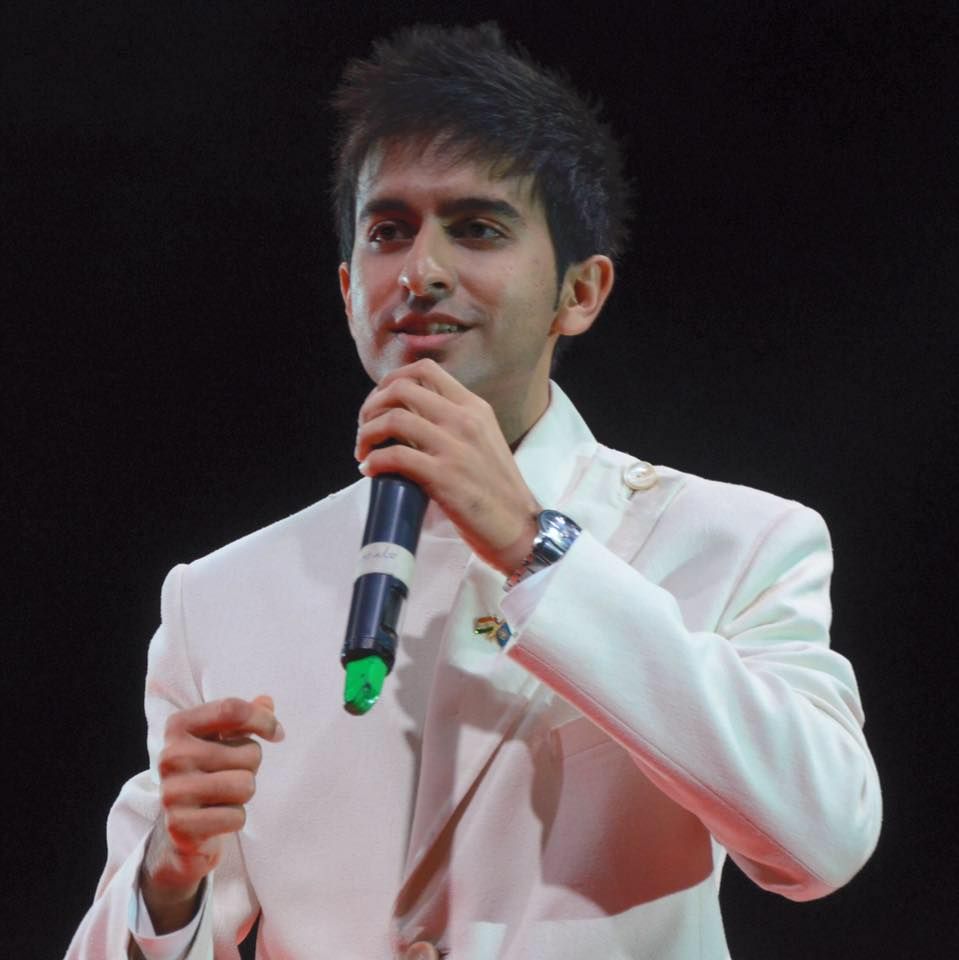
Rishabh Shah was a passionate chess player from the age of 8. He pursued chess seriously for nearly for a decade playing in many international rating tournaments and managing to get a FIDE rating for himself. At the age of 19, he made a shift and started an organization named IIMUN. IIMUN stands for India's International Movement to Unite Nations. It was a humble initiative to train youngsters and impart them with knowledge about India and its contribution to the world. Within a few years, IIMUN has become world's largest offline social network and the organization has impacted 10 million youngsters across 60 cities, 22 countries, and 7500 schools.
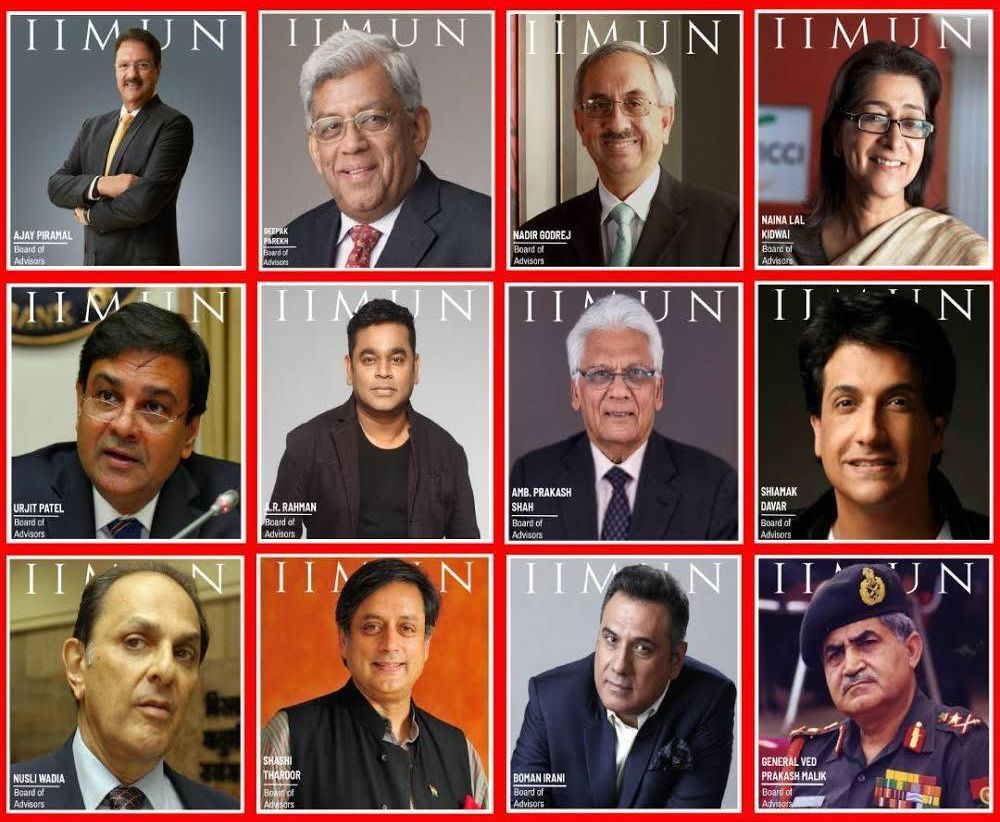
How did Rishabh Shah manage to create something so valuable? In this interview with IM Sagar Shah, he attributes his success to the sport of chess. As of today Rishabh is the founder and President of IIMUN and runs his family iron and steel business. How does he manage to do so many things with such great ease? Know more about this inspiring personality and his ability to juggle several tasks at the same time. [Spoiler: He sleeps for just 3 hours each day!]
Sagar Shah (SS): Rishabh, how do I address you? You are an entrepreneur, founder of IIMUN, and also a chess player!
Rishabh Shah (RS): I think the best way is to address me as a chess player [Laughs] because I am being interviewed by ChessBase India and moreover I think the smartest thing I have ever done up until now is chess! I am glad that we found the time to do this and I am looking forward to it.
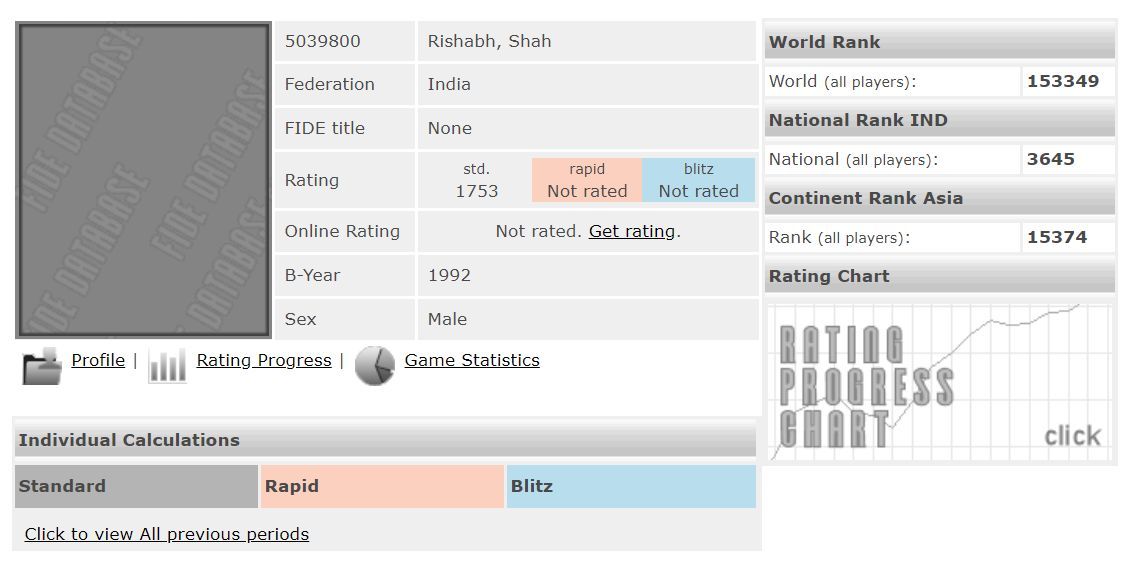
SS: You are doing a lot of spectacular things right now, we will come to that later. But first of all, your real passion or the thing that you liked very much was chess, right? How did that happen?
RS: I think chess came to me by chance. I actually loved cricket but I had a flat foot and my family was like you relentlessly play cricket hours on end and it is a sport that you wouldn't be able to pursue because the test matches are five days long. Back in the day we only used to have test matches and fifty-over one days and there was no IPL. To be really honest Cricket was my first love like it is for the 1.3 billion people who are born in this country but as soon as I had to give cricket up the immediate next thing for me and my parents was chess!
Chess was something I was interested in as a kid as well but because I was so invested in cricket I hardly found the time to actively pursue it. I think I was six or seven when I was first introduced to chess. My father was my first teacher. He loves the game and taught me what a checkmate was while using it on me (Laughs). From there it has been a great journey because I understood what chess can teach you. I think this is something I would like to tell all young people who would be watching this, whatever you do in life chess, you should make chess an integral part. Cricket teaches you certain skills but chess sharpens your mind and if your mind is sharp it will help you in your field as well.
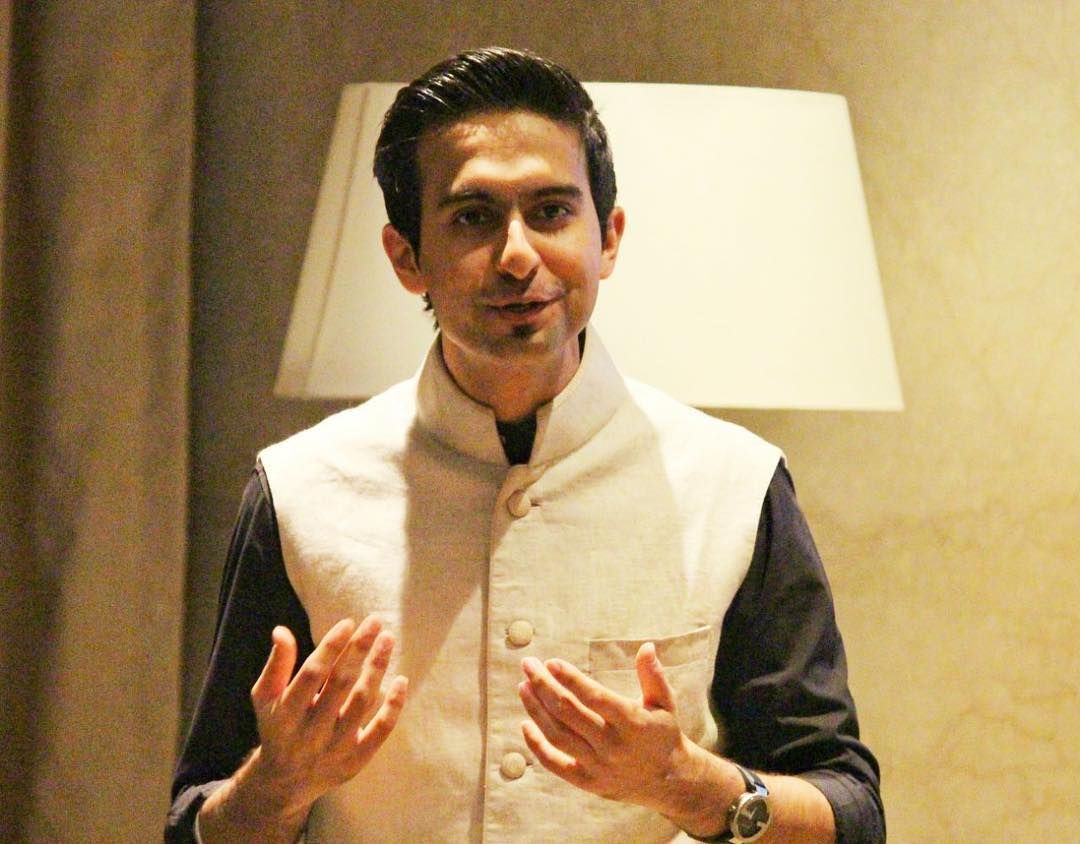
SS: Right now chess might be a hobby for you but back in the day I think you were completely immersed in it. You used to go to tournaments regularly and you used to spend days. It was like you were competing against some of the best players in India and the world.
RS: Yeah, like the one who is taking this interview! [Laughs] But honestly, those years between eight or nine to all the way up till I joined college I pursued chess quite intensely. One of the reasons for doing that was the fact that it is such a captivating game. At first the sixty-four squares seem to be just black and white but gradually it becomes the best black and white you would ever came across in your life. There are so many things you can really learn playing chess. The experiences I had travelling to places far-flung across the country would not have happened given that I was schooled in south Bombay and grew up predominantly in Mumbai. Sangli, for instance, wouldn't be a normal destination for me to visit if I didn't play chess. Chess gave me the good fortune of visiting many remote parts of the country and because of which I came to know the real India. That's why I am eternally grateful to the game, whatever little smartness I have it is because of chess. Without it I wouldn't be half the man I am.
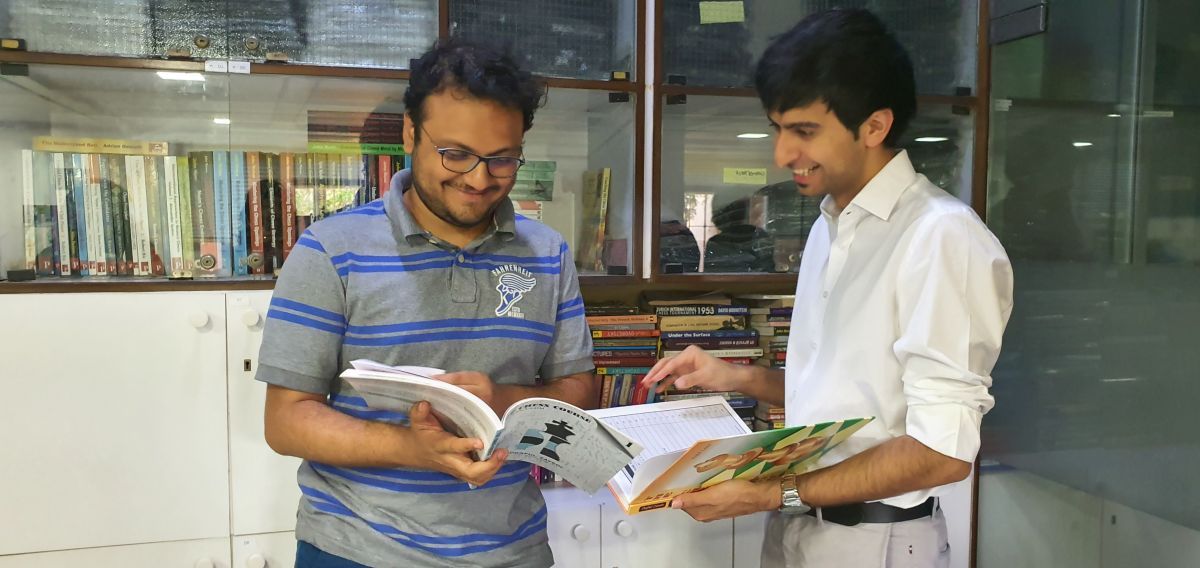
SS: Well, at 18 you sort of stopped playing chess and started something truly special which is currently one of India's biggest organizations called IIMUN. Can you tell us a bit about what it is?
RS: IIMUN is this boring organization which I started when I was 18 and stopped playing chess as you rightly said. But really it stemmed predominantly from my experiences of playing chess and not many people know this. Through chess I saw India, if I wouldn't have seen India I wouldn't have known what India has to offer. When I went to Sangli and interacted with people there I realized that they know more about India than I do. When I went abroad for conferences, I understood that people like me who are so much more familiar with the west don't learn anything about India, their own country. It took me back to the interactions I had with people of chess fraternity who were better than me both in terms of intellect and wisdom.
When these people spoke about India as articulately as anybody else, I thought look at me I am more western than Indian. The British left but they also left idiots like me behind who would understand the west more than they would understand their own country. This was one of the predominate reasons to start IIMUN. What we essentially do is organize three-day conferences to familiarize students to what India is and we discuss topics from the point of view of India. The aim of the organization is to unite the world by spreading the word about India.We have impacted around 10 million kids so far. The organization is self sustaining and the reason I can't take any credit for it is that young people do it. It is people who are between 16 to 24 who essentially organize everything. I am just a face and that too a small face for some of the marquee events and that is it.
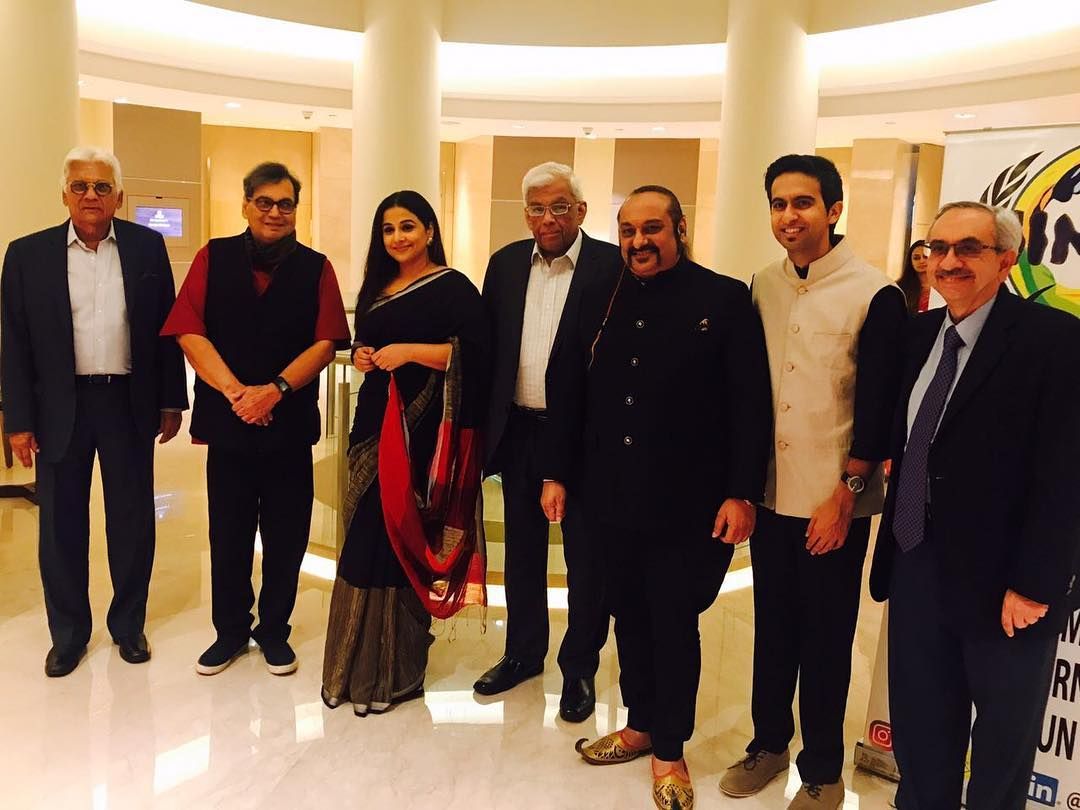
SS: So it is like the youth who get involved in it themselves organize these workshops and conferences and teach other kids. When those kids then grow up they organize it for other young kids and this goes on. Does it work that way?
RS: Yes essentially, it is by, for, and of the youth. As soon as you hit 13 you can participate, you can do that till you are 19 and the people who organize are between 16 to 24. So typically when you are 24 you sort of have to get out of the system.
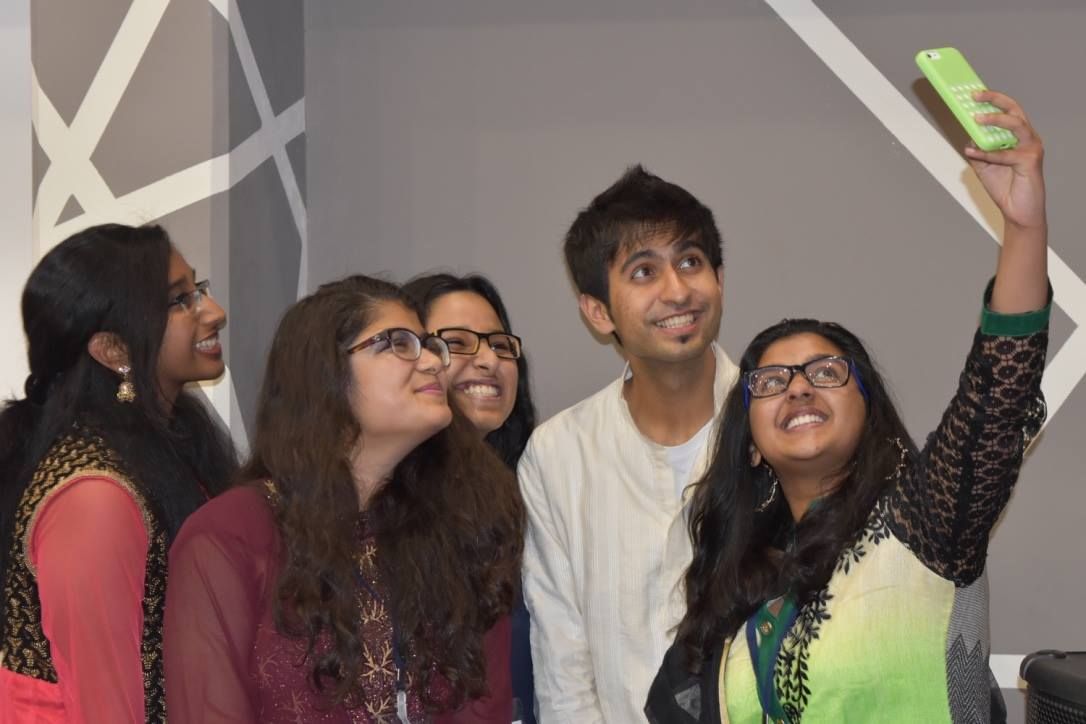
SS: But to reach 10 million people isn't easy.
RS: I hope that these 10 million people started following me on Instagram! Then I would be a celebrity! (Laughs!)
SS: What is the reason do you think it has scaled up in this huge way?
RS: One of the reasons is that there are many idiots like me [Laughs]. Growing up I wouldn't even recognize that I am being westernized. I think so many people and parents in India these days understand what India offers. It is not only the land of chess but also the land of peace. The message of peace comes from the guy who actually taught the world that independence could be achieved through peace and non-violence. Swami Vivekananda is another great luminary. We wouldn't be writing 1-0 or 0-1 in chess score-sheets without India discovering zero. Texts like Arthashastra were written in India. So I think many parents are growing up to realize what India has to offer. IIMUN is filling a void or a vacuum. I think when young people do it for each other they automatically get glued on to the concept. If I were to go to a school and do it, I think nobody would listen to me but when the school's seniors are the ones who are doing it the relatability is there. One of the greatest successes of the organization I think is that young people do it for themselves.
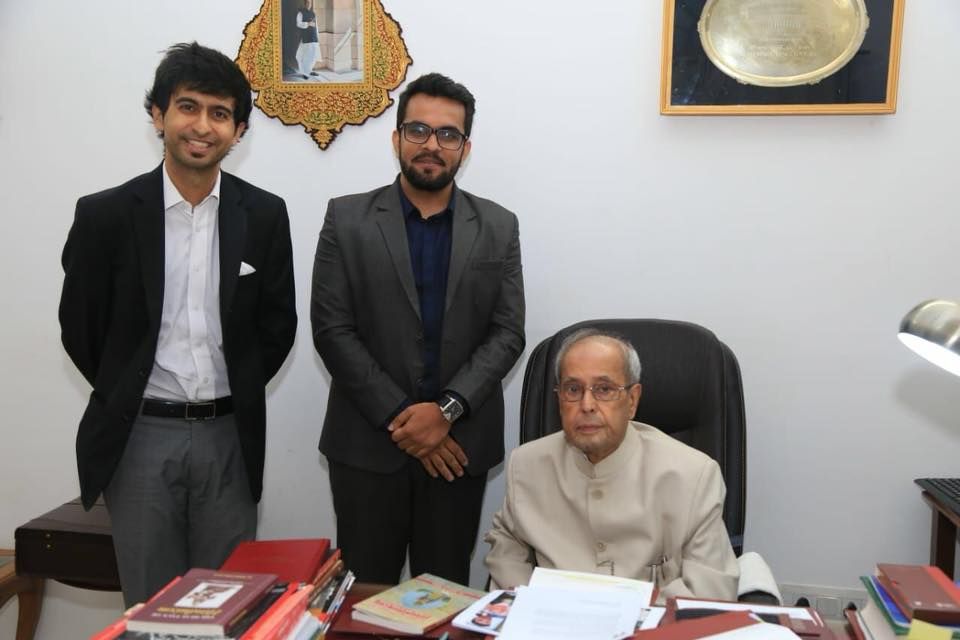
SS: Well, I have to ask you this. A few minutes before the way you were talking about international relations, it really seemed that you were an expert at it. When I meet young chess players they seem to have no knowledge of these things. How would you recommend them to improve their general knowledge and become more intelligent not just in terms of politics but also economics and all the international subjects.
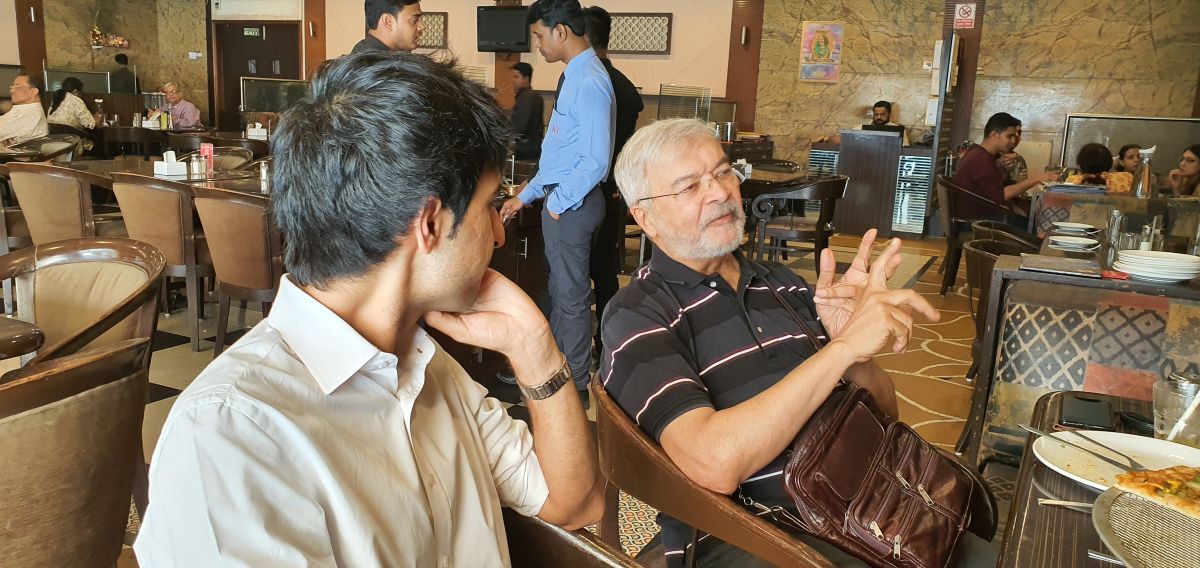
RS: I don't think I am an expert on International relations, far from it. But I am an enthusiast of International relations and I cultivated that essentially by reading newspaper. I encourage people to not just read one newspaper or tabloid but to read multiple. Because most of the news in our age is polarised so it is very important to learn the different perspectives. But for a start just picking up one newspaper would be of tremendous help. Whatever you do in life. Whether you grow to become a chess player or a cricketer or a businessman, I think it is very important to know about international issues and be aware of the world and country in general. That's what we are trying to do with our organization as well. Hopefully, with this video and interview we will be able to impact a few more.
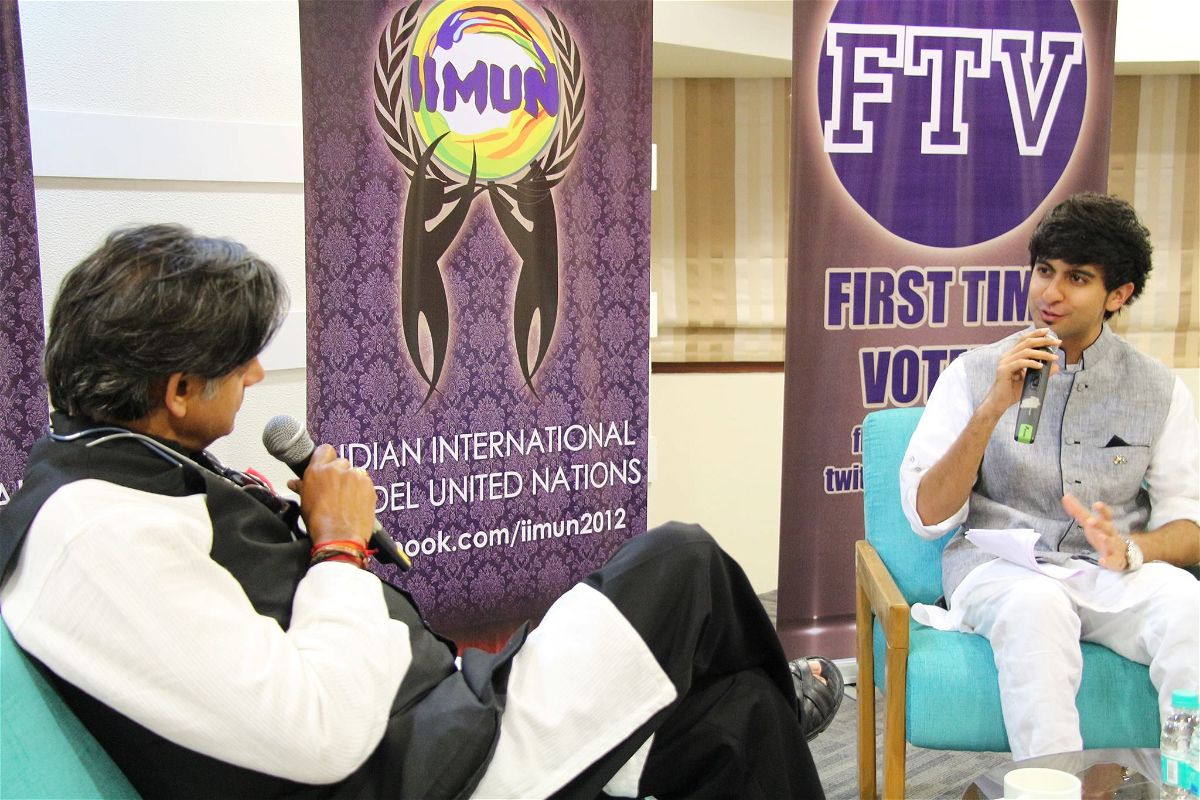
SS: You are also a writer, right? You wrote a book which did really well, a lot of people read it.
RS: I pretend to write [Laughs]. I do write occasionally. The book I wrote is about getting over the fear of public speaking also known as Glossophobia. If you are scared of public speaking, chess players in particular I think usually are because they are so focussed in what they are doing. There are very few who are as good as Sagar here but to all the viewers, remember that a good player plus a great speaker does make for a prolific ambassador of the game. The book I have written is called the open mic.
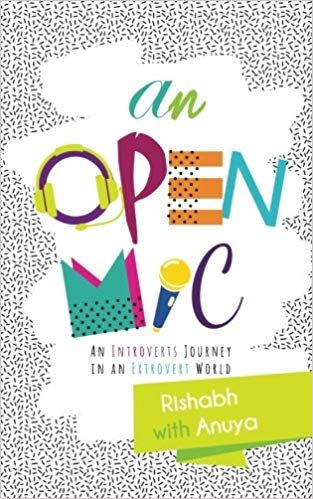
SS: Well, Rishabh you are an author, an entrepreneur, you are doing so much. I always wanted to know how the life of a busy person is. I don't have access to Mark Zuckerberg or Jeff Bezos but I want to know from you how do you break up things in a day?
RS: My day is no different than your day. So honestly I can reverse the camera and ask you the same thing. It is very humbling to be asked that question but the people you should ask this perhaps are names you just mentioned. My day starts roughly around 4 - 4:30 a.m. and then there's breakfast and family work to look at. That goes on till 2 or 2:30 and then I head to IIMUN and work till 8 or 9 p.m after which I return home and pursue some of my ludicrous hobbies like writing and try to read a bit and then off to bed at 12 or 12:30!
SS: So you sleep for just three hours?
RS: Yes, three to four hours on a daily basis. It is an attempt to do this as much as possible. I mean I wish I was 21 all over again. I think the most accomplished people who have actually done things have tried to cut down on their sleeping hours and I have just picked it up from them. Of course, when I am tired in between I do take power naps.The idea is to learn something new everyday. For example I am learning Mandarin right now!

SS: Okay my last question to you is, will you ever come back to chess and will you take up politics in future?
RS: I still continue to play chess recreationally. I would love to play it actively but there are so many young players in India that it is difficult to compete against them. But once in a while I will definitely want to come for a tournament and play a couple of games.
To answer your second question, politics is definitely very intriguing and many of our IIMUN members have joined politics. I think the best way to change society is through politics and governance. A lot of things can change society but if you are in politics irrespective of whether it is a bureaucracy or politics per se, I think you can make a big difference and even unite people. But there has to be a teacher and there have to be the people who go on and do it. Few years later from now, I would liked to be referred as someone who helped people to get into politics rather than someone who is in politics. Because if everyone is entering politics and not teaching people how to then I think we will have far too many politicians and far too less teachers.
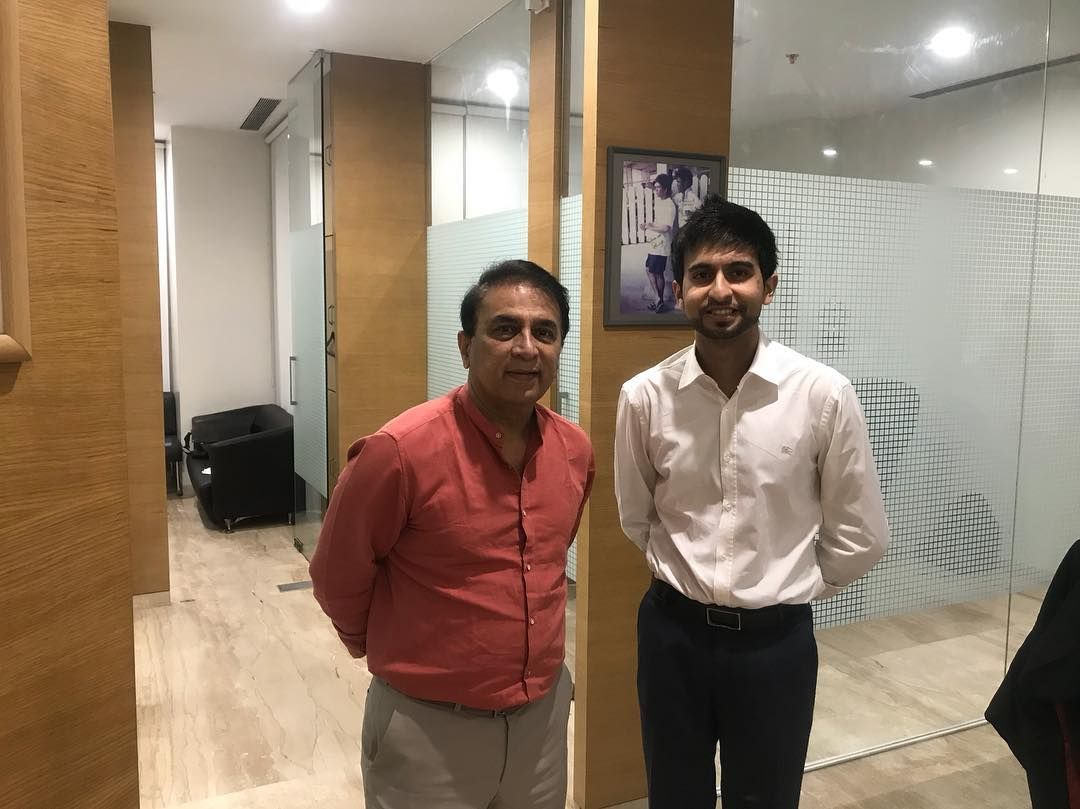
SS: But in a way if you go into politics, you learn from it first hand, become more experienced and become a better teacher right?
RS: That is true. But again with politics comes different ideologies and my mind is neither to the left nor to the right, it is in the center! I have been asked by many people about why I don't join politics actively. But I think being on the other side and just passing on whatever little knowledge I have to these young people helps. I mean I am not going to tell them what they should do in terms of policy but I am just giving them the platform. Once they have that, they are the ones who make the difference. And also I am just 28, there's still a long way ahead. I don't see myself in politics in the near future. For me it is always better to be outside the spectrum than to be inside it because then you are not restricted to that domain. If I join a political party and then come back, my students will be interested to only join that party. These days students from IIMUN are joining all kinds of political parties and are doing excellently well.
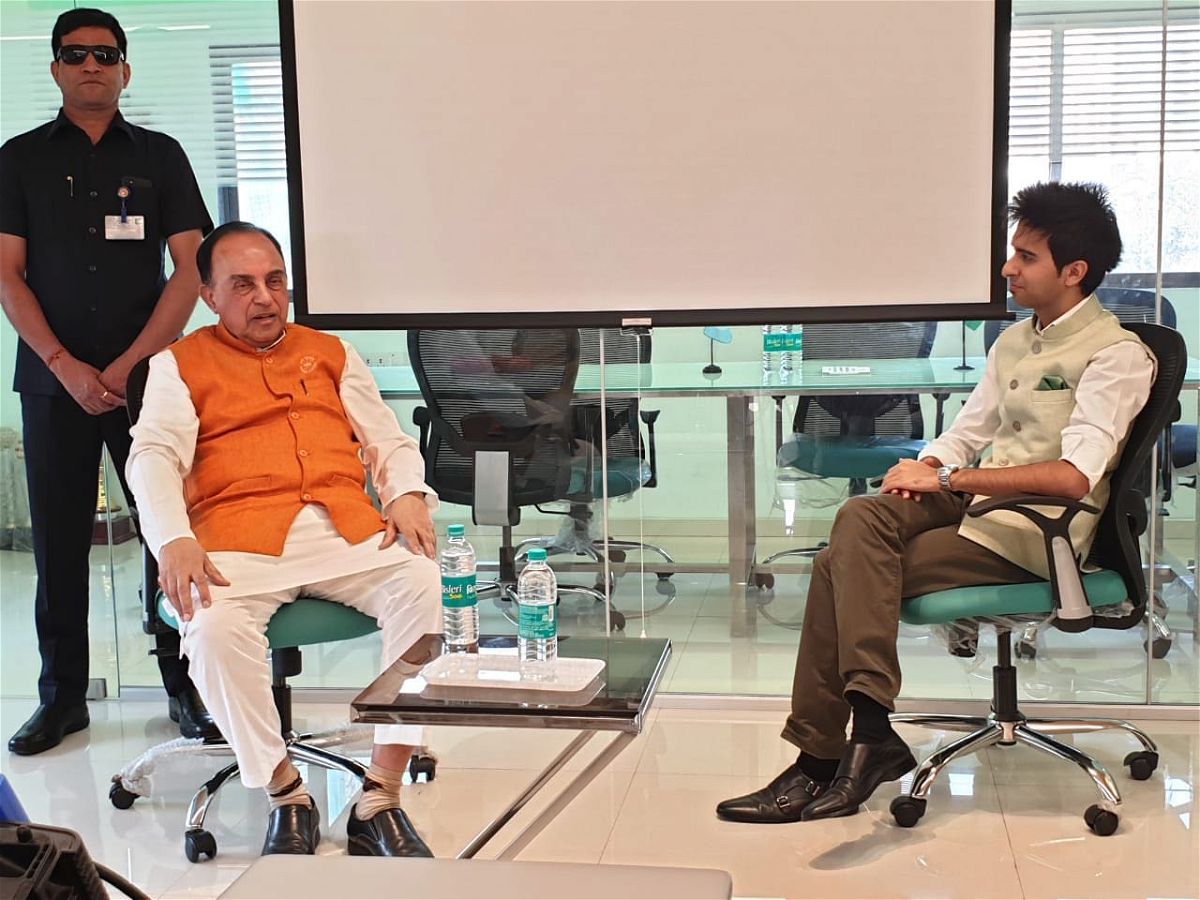
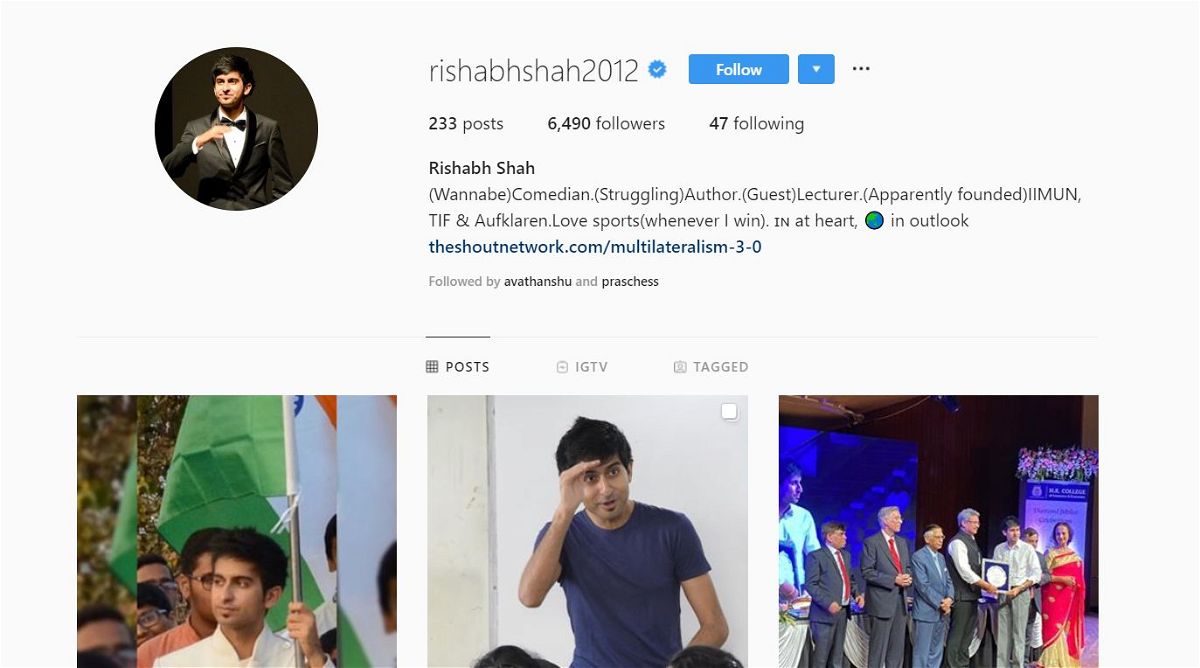
Important Links:
Why international issues affect us - a thought provoking speech by Rishabh


